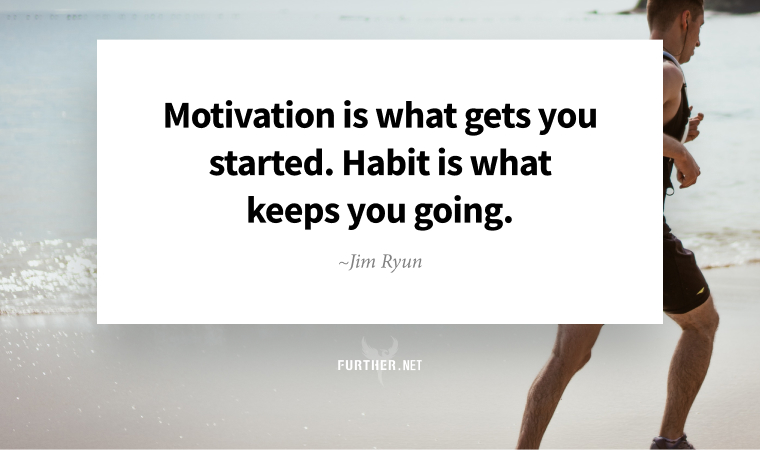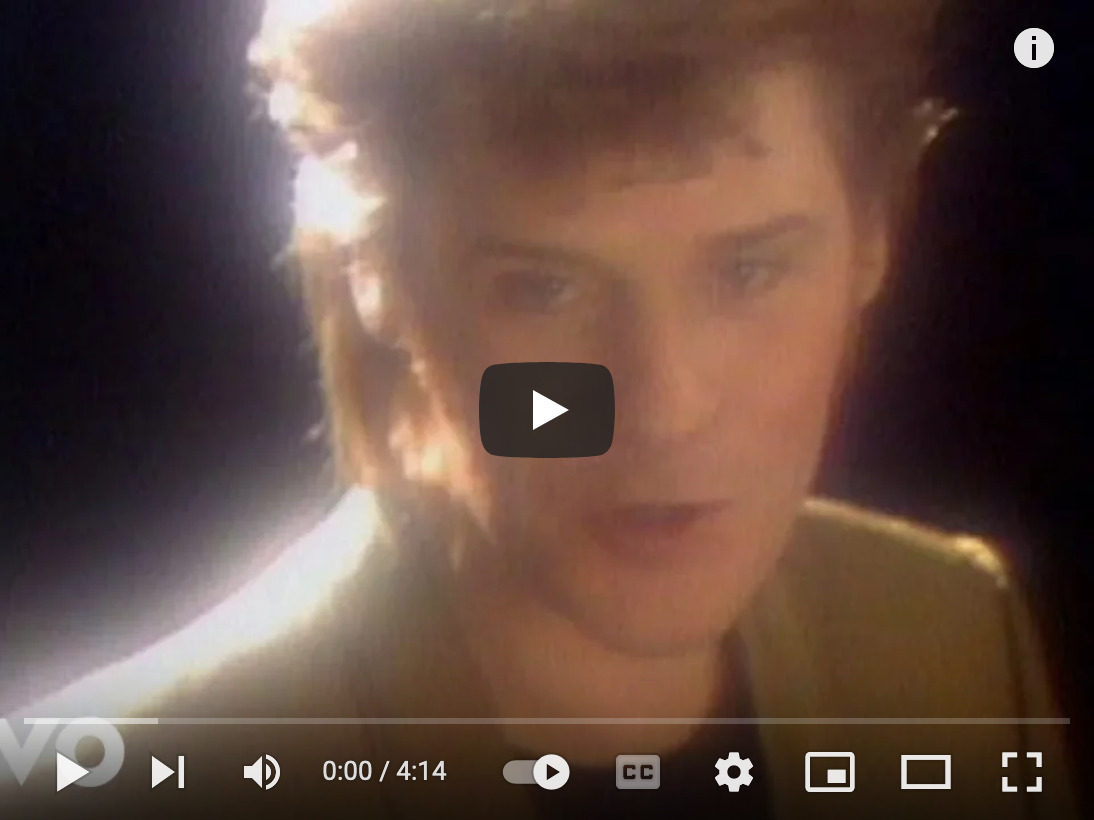
Hey there, Trudi here.
Since we’re kicking off our Further fitness challenge today with an exclusive presentation by Krista Stryker of 12-Minute Athlete, I thought I’d share a bit about the topic of short-term challenges and whether they actually work.
A few days before the end of January, I asked a friend if he and his wife wanted to meet for drinks. His response:
Not yet — we’re almost done with Dry January, but I’m expecting a very Wet February.
So much for dialing back his drinking habit. However, it’s not his fault — aside from a respite for his liver, a 30-day challenge is unlikely to move the needle. There is no magic number of days that make habits stick: 21 is a myth, and even a research-based 66 days is just an average (the range was found to be 18-254 days).
If you want to use a challenge to jump-start transformation, you have to accept the real challenge at hand: doing what it takes to turn a behavioral change into a new habit.
What Makes Challenges Challenging
Gretchen Rubin, the author of Better Than Before, offers some interesting insight into why challenges might be a fun experiment but not necessarily a change agent. First off, there’s an inherent issue with having a built-in finish line: it’s a stopping point. Once you’ve reached that goal, you have to begin again — and that’s much harder than starting in the first place.
Beyond that, the short-term aspect can backfire, especially for challenges that require an “all-or-nothing” commitment or set an especially high bar. Sure, you can do almost anything for a little while, but it’s not sustainable long-term. And therein lies the key to cracking the code to using a challenge as a catalyst:
To maintain a habit, we need to figure out, ‘What’s manageable, what’s realistic for me to maintain indefinitely?’ And that can be a hard, messy question to answer. The ‘challenge’ may help to answer it, but often doesn’t provide an actual answer.
Just because you hit reset doesn’t mean you’re going in a new direction. To get on track with actual transformation, you’ve got to commit to change, not just the challenge.
What Works, No Contest
We’ve written a lot here at Further about the mindsets and actions it takes to make a good habit last. Here are a few of the central nuggets to help you achieve personal growth:
- Focus on process over results to forge a new identity.
- Pride is a potent motivator, so seek out and celebrate milestones. (Rubin agrees and suggests reframing a 30-day challenge as a milestone, not a stopping point.)
- Use research-backed strategies like small rewards and social accountability to stay on track.
- Develop desirable habit loops to achieve incremental change.
- Remember, smart habits beat ambitious goals.
When devising our new accountability membership community Well + Wealthy, Brian, Jerod Morris, and I considered all of this. When it comes to helping people live their best life at midlife, all we can say is: Challenge accepted.
Keep going-
P.S. There’s still time to sign up for Get Moving in 2022 with Krista Stryker, happening today at 3pm Eastern / Noon Pacific. If you can’t make it live, we’ll send you the recording, so fill out that quick form!
further: flashback
 Daryl Hall & John Oates – I Can’t Go For That (No Can Do)
Daryl Hall & John Oates – I Can’t Go For That (No Can Do)Private Eyes, 1981
If you thought I Can’t Go For That (No Can Do) was about a relationship with a woman, well join the club. But according to Daryl Hall, it’s about the duo’s strained relationship with their label and the music industry in general. Same with Maneater. The more you know …. (YouTube)
further: sharing

Further subscribers earn $MOVE coin by sharing Further with friends to gain access to our exclusive membership community Well + Wealthy (coming early 2022). Get your own free weekly dose of health, wealth, travel, and happiness advice here, and get all the details on our referral program.
Thank you for sharing Further!
